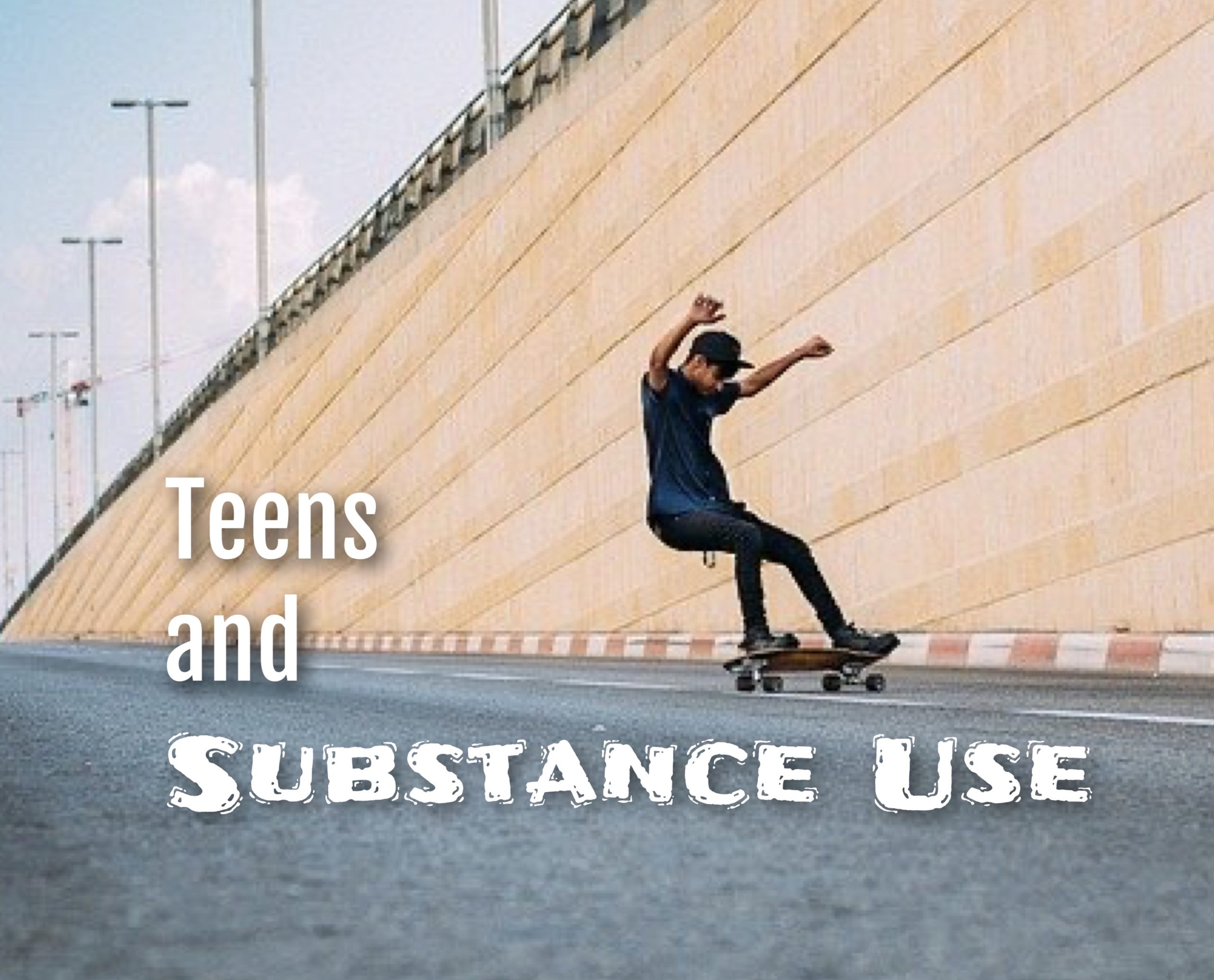
Teens and Substance Use
Whether in the form of drugs or alcohol, substance use is a growing public health concern among teens. What often begins as experimentation or peer pressure can turn into misuse. Once a substance use disorder develops, treatment is often the only option that can help a teen.
How Many Teens Have a Substance Use Disorder?
Studies have shown that many teens have the need for substance use treatment.
According to The Monitoring the Future Survey (MTF) funded by the National Institute on Drug Abuse, these following trends are confirmed among teens:
- Alcohol use disorder causes 6.5 times more teen deaths than all other illicit drugs combined.
- Forty-four percent of 12th graders reported drinking alcohol in the past month.
- In 2012, 14.8 percent of high-school seniors used a prescription drug non-medically.
- Prescription drug misuse is the fastest growing substance use disorder in the teen population.
- Thirty-three percent of teenagers admit to using marijuana in the past year.
- Over twenty percent of teens surveyed have tried the prescription drug OxyContin non-medically.
- Illicit drug use among teenagers has continued at high rates, largely due to the popularity of marijuana.
If you are concerned about a teen, it is important to understand the different factors that make teenagers particular susceptible to developing a substance use disorder. Understanding the different factors that predispose teens can help parents or caregivers ensure that their teen does not end up misusing drugs or alcohol. There are several factors that make teens likely to develop substance disorder:
Biological Factors
Genetics frequently play a role because they can predispose an individual to addictive type behaviors and enhance the physical basis of misuse. Teenagers who are genetically predisposed are inclined to continue using a drug after an episode of experimentation.
Social Factors
The teen years are often defined by social pressures in an individual’s life. These social pressures can influence a student to develop a substance use disorder. Peer pressure to experiment with drugs and alcohol, or exposure to family and friends who misuse substances can motivate a teen to try drugs and alcohol. Meaning, it opens the door to misuse. In addition, stress from academic, social and family life can also contribute. Studies have shown that teenagers who have high stress are twice as likely as their low-stress peers to use illegal drugs, drink or smoke. Combined with peer pressure, stress can be a powerful driver for teens.
Psychological Factors
There are many mental illnesses and psychological stressors that can put teens at risk. The mental health disorders most frequently linked include depression, anxiety disorders and bipolar disorders. These are all illnesses that often manifest during the teen years. Psychological stressors such as childhood neglect, abuse or any kind of trauma can increase the likelihood of substance use. Additionally, hormonal fluctuations and bodily changes increase teens’ stress level and can reduce their ability to cope with psychological issues.
Focus on Prevention
Despite the large number of risk factors, teenagers can be positively influenced by parents and loved ones to avoid the cycle of substance use disorders. Above all, become involved in your teenager’s life, offer support, encouragement and an ear. Certainly fostering a strong parent-child relationship can be one of the greatest protective factors for your teenager.
Substance Use Treatment for Your Teen
There are many substance use treatment centers that specialize in dealing with teens and can help break the cycle. Lifeline specializes in working with teens involved in Clark County Juvenile Recovery Court. If you are in Oregon and Washington seeking substance use treatment for your teen, we can help. Visit Lifelineconnections.org or call (360) 397-8246 for more information.
